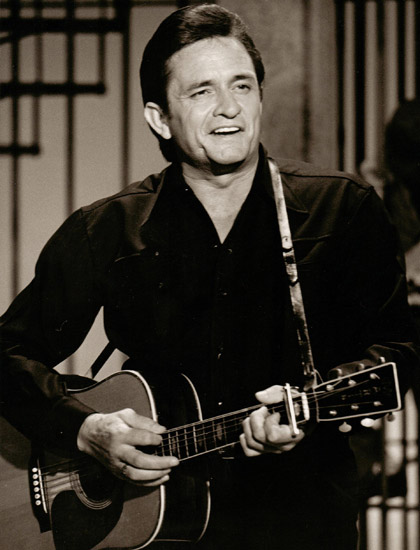Interpol - Marauder
Interpol
Marauder
By: Ryan Kachikis
“This record is where I feel touching on real things that have happened to me are exciting and evocative to write about.... I think in the past, I always felt autobiography was too small a thing for me to reference. I feel like now, I’m able to romanticize parts of my own life.”
To quote Interpol’s frontman Paul Banks, the band’s new LP Marauder is his story, with a veneer of fiction to maintain the detached poeticism that has defined his songwriting since 2002’s Turn The Bright Lights captured the music world’s attention with a Joy Division-influenced post-punk polaroid of New York City following the September 11th terrorist attacks.
The gaze then was outward, singing over a dark mix of strummed rock guitars, big woofy bass lines, and danceable drum beats about “subway pornos” and “200 couches” that any young city dweller could relate to. They followed with 2004’s softer, more spacious Antics and 2007’s sonically adventurous major label effort Our Love To Admire before ending the run with their self-titled in 2010, a minimalist and rhythmic record reminiscent of their debut and their last with original bassist Carlos Dengler.
A Paul Banks solo turn and 2014’s critically acclaimed El Pintor began the second phase for the band, which brings us to Marauder. Here, the focus is personal: the bitter judgment of “If You Really Love Nothing”, the tale of infidelity “Stay In Touch”, the fine line between musical adoration and cult worship found on “The Rover” and its self-aware rockstar narrative. It's captured in the accompanying video starring Ebon Moss-Bacharach that creatively plays with band-tension (cough cough, Carlos) and the reverence of a press conference.
“Stay In Touch” introduces the listener to the album’s protagonist: “Marauder chained of no real codes/ Marauder breaks bonds/ Marauder stays long”, the attitude of a person well-versed in deception and relatively guilt-free. Banks relies on nom de plume, like Stephen Crane’s “correspondent” in The Open Boat, divulging his more personal experiences to the audience while remaining cooly detached, the narrator of his own life.
Musically, there is less evolution to be found, which is both unsurprising and generally understood and this point. A consistent critique of Interpol’s discography is that it comes off as “same-y”. This is where an ear for subtle differences will pay off, because yes, Marauder does stretch the sound with a noticeably more pop-rock radio approach over the 13 tracks, incorporating overdriven riffs, driving drums, and well-worn song structures.
Rare here are the open, pretty moments of older cuts like “Take You On A Cruise” or “Wrecking Ball”. Fans have complained about the album’s over-compressed, unyielding barrage of sound, and whether the culprit is new producer Dave Fridmann, or the band’s own desire to receive more radio play isn’t important. The complaint is valid. Repeated listening is a chore, which is a shame, because texturally the group is taking some interesting chances. Daniel Kessler’s layers of guitars are very shoe-gaze and visual, and Paul Banks’ own bass lines are present and melodic, syncing with the drums to create some nice grooves.
It appears Banks and crew have attempted the modern rock comeback of former tour mates U2, but the result in a few crucial ways falls flat. Lyrically strong, with an engaging narrative and the selling point of Interpol’s “personal record”, the poetry is sadly weighed down by the regrettable decisions of its mix. A real casualty of the “loudness war”, Marauder contains a good enough set of tunes, a pop approach to their iconic style that could warrant enjoyment, but frankly makes me tired.
Most deflating, any benefit of the doubt the band’s taste is intact and Fridmann merely lead them astray is thrown out by their “Interludes”, a pair of tracks meant to give the listener’s ears a break from the cacophony. I only wish there were more than two.











